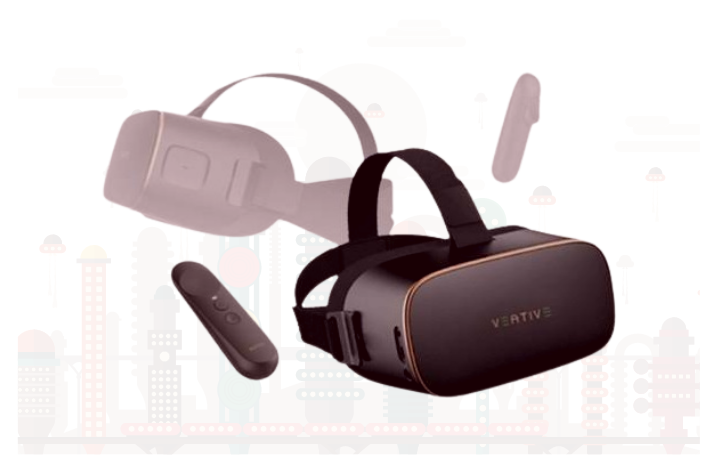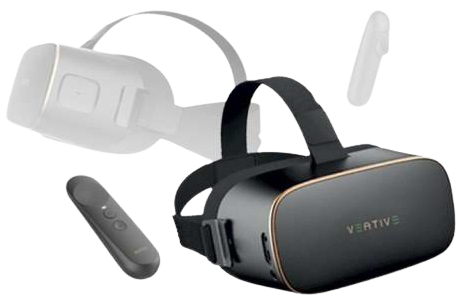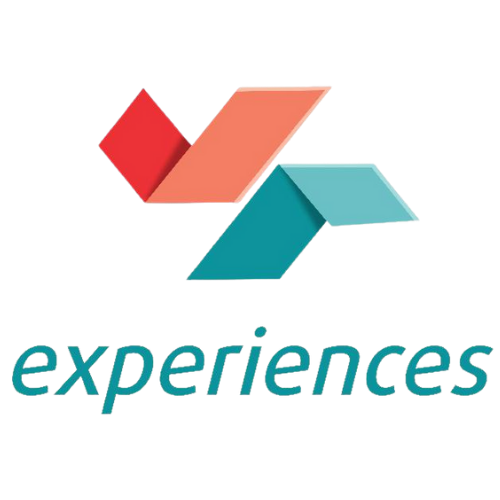
With the advent of virtual reality (VR), what used to seem like science fiction is now a groundbreaking technology platform for delivering immersive interactive educational content, movies and gaming experiences that are simply breathtaking.
VR Experiences
The VR Experiences platform gives access to a stunning multidimensional experience that enables users to experience every movement, sound, and scent, including water sprays, breezy winds, smoke and bubbles of any audiovisual content they are watching.
Our VR Experience platforms leverage eye-tracking technologies and are equipped with headsets that deliver unforgettable entertainment and learning experiences.
Launched in 2016, the VR Experiences brand pioneered the deployment of bespoke Virtual Reality Gaming and Entertainment Machines / Arcades in leading Shopping Malls in Nigeria and has since gained very impressive followership and audience engagement. Over the last few years, VR Experiences has resonated well with audiences who are indeed yearning to explore the boundless possibilities that VR offers.
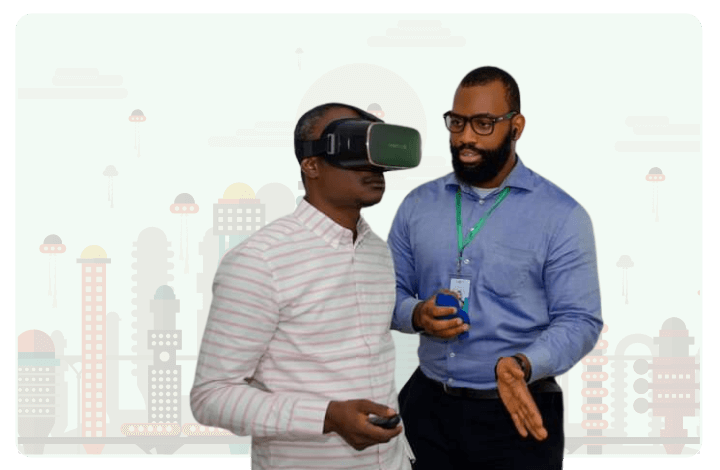
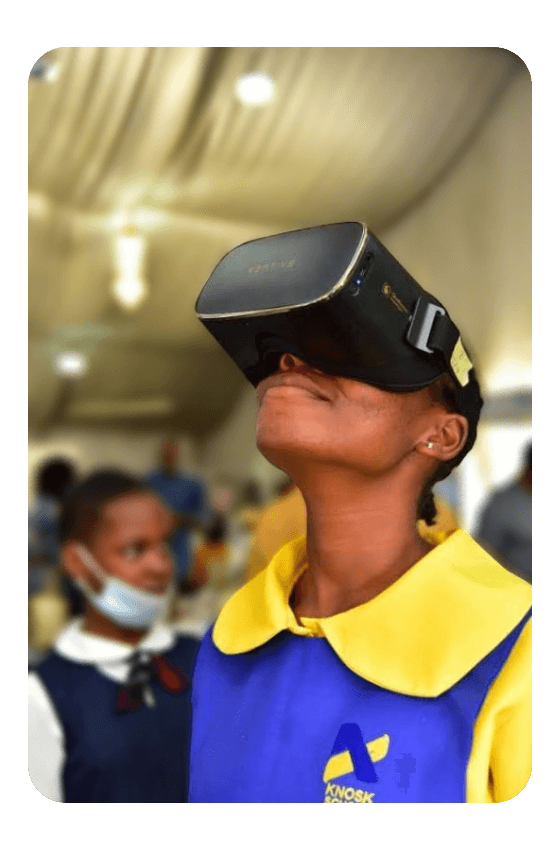
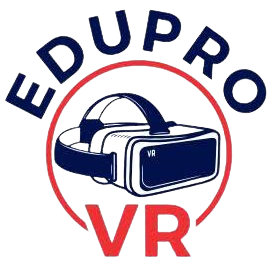
In response to the yearnings of our customers, Nexcel now offers Educational VR Solutions specifically designed for Schools to redefine learning and knowledge impartation outcomes.
Globally, it has been acknowledged that Virtual Reality has brought in a paradigm shift in learning. Using Virtual Reality in the classroom give students the opportunity to interact and engage with their subjects in a virtual environment.
Our educational VR solution offers access to 650+ interactive VR modules developed to empower teachers and help students learn in a better way.
With immersive and interactive STEM VR modules, students can dive deep into subjects, and explore concepts that cannot be visualized in the chalk-n-talk method of teaching.
Schools Using EDUPRO VR












Virtual Reality's Influence on Education
“VR is the most engaging and emotionally positive learning method in comparison to textbook learning and video.”
The quote above, from a study conducted by the University of Warwick, adds to the growing list of research that proves virtual reality can have significant positive impacts in the classroom.
According to the research performed at the English university:
Positive emotions were rated higher for the group who experienced the VR learning method.VR users performed better than students learning with video.The active interaction with the VR environment helped improve learning.
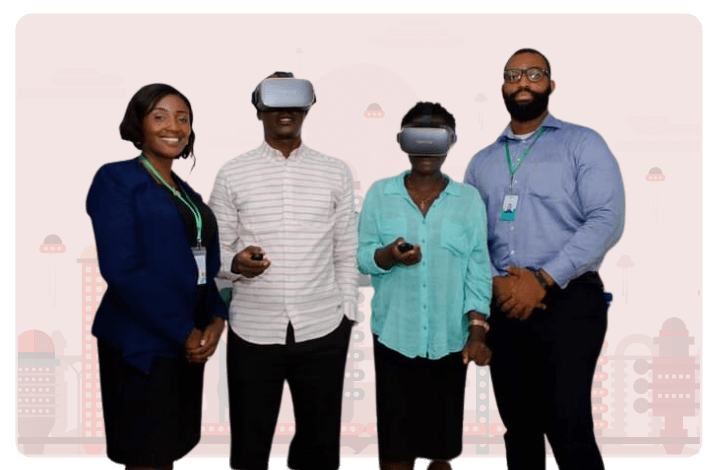
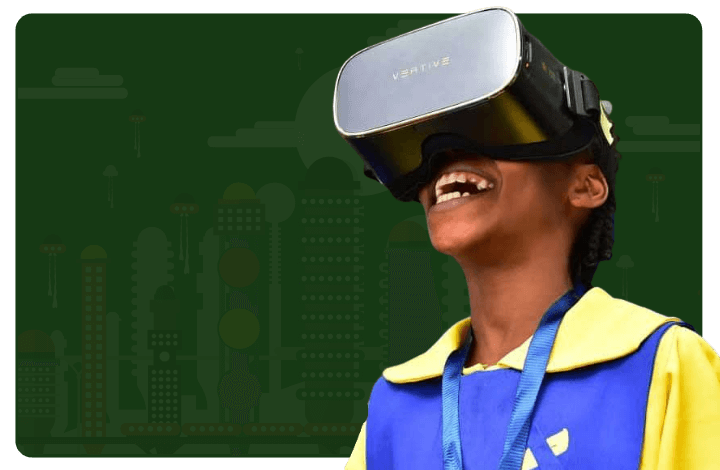
It makes sense that virtual reality would improve learning, after all it’s immersive, engaging and experiential all in one. While those may sound like education buzz words, the bottom line is simple: kids think it’s cool and who wouldn’t want to learn about photo synthesis while standing among the ancient redwoods in Muir National Monument among the great redwoods.
Several studies have shown that the inclusion of new technology in education increases student performance by providing additional tools teachers can use to engage their students. These tools, such as computers and laptops have all been proven to aid in student learning and subject comprehension. Virtual reality goes one step further by providing an individualistic immersive environment for students that is free of distractions from the outside world.
Virtual reality as a learning tool/ method has evolved with the emergence of head-mounted displays which is immersive and delivering very powerful impact on learning.
One such study, from the University of Maryland study points to virtual reality tools in education offer an improvement over tablet-based or traditional computer-based learning. The study showed that people remember information better and have a higher recall when that info is presented in VR compared to iPads and Chromebooks.
VR vs traditional 2D Video:
8.8% higher average recall in VR12% higher median recall in VR
Virtual reality provides individual immersive learning perspectives while presenting students with experiences they might not otherwise be able to explore. These experiences can be delivered in the form of a “virtual field trip” – where students are part of a 360-degree landscape by viewing films show with virtual reality cameras – or through immersion within a computer generated environment that takes them to places that are normally unreachable (ex. Outer Space, inside the the Human Body, and ancient or prehistoric times).
